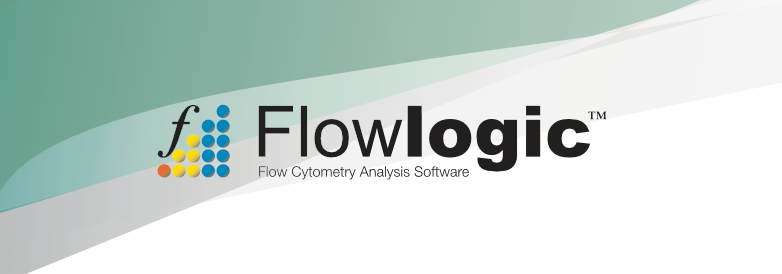
 |
Vittorio Cordioli Mr Cordioli is Software Engineer at Inivai. Mr Cordioli is a graduate of Charles Sturt University with a Bachelor Degree in Science (Major in Plant Biotechnology, Minor in Statistics) and also holds a Master of Information Technology degree from Central Queensland University. Mr Cordioli also has qualifications in construction and surveying and, in a previous life, managed a European agricultural company specializing in organic orchards and vineyards. Mr Cordioli has been with Inivai for over 15 years. |
 |
Dr Tim Williams Dr Williams is Chief Scientific Officer at Inivai. Dr Williams is a graduate from Monash University with a Bachelor Degree in Biomedical Science (Hon), Immunology and a PhD in kidney regeneration and macrophage biology. Dr Williams has been with Inivai for 5 years. |
|
|
Geza Paukovics Since 1991, Mr Paukovics has been heavily involved in the field of flow cytometry, both as a research assistant and flow cytometry facility manager at the Burnet Institute. Currently Mr Paukovics is the Alfred Medical Research and Education Precinct (AMREP) Flow Cytometry Core Manager. AMREP incorporates a large number of research institutes and universities, including BakerIDI, Burnet Institute, Monash Central Medical School, Monash Immunology and Pathology Departments to name a few. AMREP Flow Cytometry Core Facility caters for varied cell analysis and sorting needs of the precinct and greater Melbourne. This department offers unparalleled education, training and licensing of all users, as well as experimental design and protocol guidance. Some of the instrumentation available at the precinct includes: FACSAria PC2 and PC3 sorting environments, InFlux 6 way sorting platform, 3x FACSCalibur, LSRII, Fortessa with HTS, FACSCantoII and FACSCantoII with HTS. To visit the facility please follow this link. http://www.amrepflow.org.au/ |
|
|
Dr Daniel Layton Dr Daniel Layton completed his PhD at the Australian Animal Health Laboratories CSIRO and went on to undertake a Postdoctoral Fellowship at Monash University. His research specialities include studies into allo and xeno transplantation tolerance induction through bone marrow transplantation and mixed chimerism. These include studies into dendritic cells and hematopoietic stem cells and agents and therapies to reduce myeloablative conditioning. Dr Layton is now a Postdoctoral Fellow at CSIRO and is focussing on emerging infectious diseases. Daniel's research interest also includes the development of monoclonal antibodies for diagnostic and therapeutic purposes. |
|
|
Dr Angelo Perani Dr Angelo Perani is a Senior Cell Biologist working for the Ludwig Institute for Cancer Research heading the Cell Biology Group of the Biologic Production Facility in Melbourne Australia since 2004. He has over 15 years experience in Mammalian Cell Culture. He holds an European PhD from the INPL-France on Apoptosis in Mammalian Cell Culture and its applications to the production of monoclonal antibodies from a joint work between the INSERM U284 in France, the European Cell Bank (ECACC) in the UK and the University of Barcelona in Spain. He has worked as a senior cell biologist for Lonza Biologics in the UK for 6 years and as a post-doc fellow at the Animal Cell Technology Group (University of Birmingham IK) investigating the impact of over-expressing bcl-2 in industrial cell lines. He was also responsible of an EU- funded project “Suppression of Apoptosis in Large Scale Biological Production Systems” in collaboration with Hamburg-Harburg University in Germany. Dr Angelo Perani is now heading the Cell Line Development and Production Group that was responsible for the generation of monoclonal antibodies for cancer research for Phase I/II clinical trials and for Animal Studies with an emphasis on high titers and high product quality. Dr Perani has also established a large number of activities in the areas of protein glycosylation, development of Biosimilars and analytical tools to investigate the relationship antibody/antigen binding by flow cytometry and super-resolution microscopy. Dr Perani is also member of the technical advisory panel for Neuclone in Australia. |